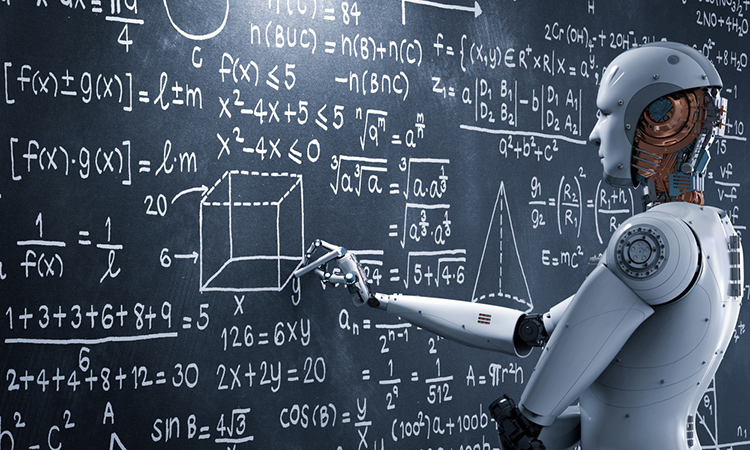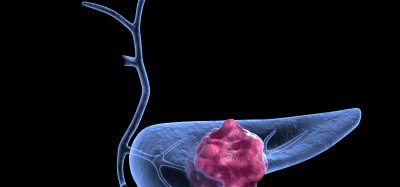US grant supports merging of maths and AI to push frontiers of science
Posted: 10 July 2023 | Izzy Wood (Drug Target Review) | No comments yet
Cornell University launches $11.3 Million Scientific Artificial Intelligence Centre to unlock the potential of human-AI collaboration in scientific discoveries.

Cornell University, US, is taking the lead in advancing the field of artificial intelligence (AI) with the launch of the Scientific Artificial Intelligence Centre (SciAI Centre). This new $11.3 million centre, supported by a grant from the Office of Naval Research, US, aims to explore the potential of human-AI collaboration and leverage mathematics as a universal language for scientific discoveries.
One of the challenges in the development of AI systems is the lack of transparency regarding their inner workings. As AI becomes increasingly complex, researchers are concerned that its ability to recognise patterns and make predictions will become less interpretable. Professor Christopher J Earls from Cornell Engineering’s Civil and Environmental Engineering Department, highlights that true scientific discovery requires explanatory theories that provide mechanistic insights into the workings of the universe. The SciAI Centre aims to develop AI approaches that go beyond the capabilities of standard AI, enabling scientific discovery.
To bridge the gap between humans and machines, the SciAI Centre will use mathematics as a common language. Mathematics has been instrumental in modeling the natural world for centuries, and the researchers believe it can serve as a foundation for effective collaboration between AI and scientists. The goal is to teach AI systems to speak the language of calculus and derive underlying differential equations that govern physical systems. By doing so, researchers hope to uncover patterns and gain a deeper understanding of the natural world.
The SciAI Centre will focus on four intellectual thrusts: scientific data, operator learning, closure models, and complex systems. It will apply its research in three specific areas: materials, turbulence, and autonomy. The integration of machine learning techniques with physics-informed algorithms is expected to accelerate computational methods, enabling a better understanding of materials and molecular systems.
In addition to its research objectives, the centre is committed to promoting diversity and inclusion in science and engineering. It plans to establish student pathway programmes to provide underrepresented populations with access to emerging AI tools. These programmes will equip young researchers with the necessary skills to thrive in new industries.
Cornell’s establishment of the SciAI Centre reflects its commitment to pushing the boundaries of scientific discovery through the integration of AI and mathematics. By unlocking the potential of human-AI collaboration, this pioneering initiative aims to revolutionise the understanding of the natural world and pave the way for groundbreaking advancements in various scientific disciplines.
The SciAI Centre, headed by Professor Christopher J Earls from Cornell Engineering’s Civil and Environmental Engineering Department, will bring together a team of experts from various disciplines. The co-investigators include Professor Nikolaos Bouklas from Cornell Engineering’s Mechanical and Aerospace Engineering department, Professor Anil Damle from the Cornell Ann S. Bowers College of Computing and Information Science, and Professor Alex Townsend from the College of Arts and Sciences’ Mathematics department.
Related topics
Artificial Intelligence, Funding, Machine learning
Related organisations
Cornell University, Office of Naval Research, Scientific Artificial Intelligence Centre (SciAI Centre)
Related people
Professor Christopher J Earls







